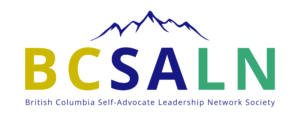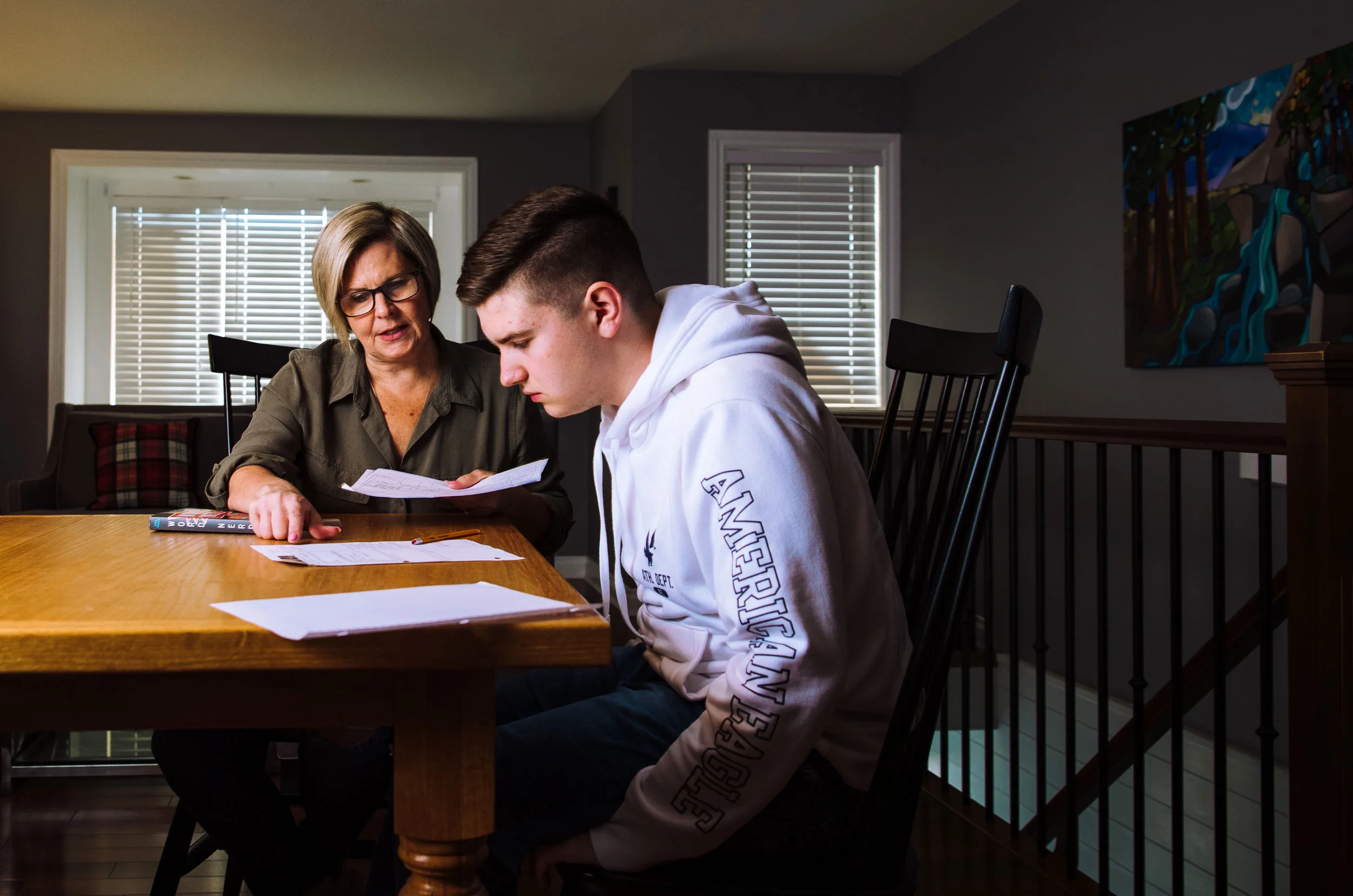
The BC Self Advocate Leadership Network Society (BCSALN) has been a crucial self-advocacy organization since its creation in 2016. BCSLAN was created to unite diverse community members, including organizations, self-advocates, and supporters. BCSALN stands out as one of the first advocacy organizations in British Columbia to be led by self-advocates with the backing of support workers.
The creation of BCSALN had its challenges. It took three years of passionate discussions and debates with the organization’s leaders to ensure every voice was heard and valued. As Alex, one of the leads of BCSALN, puts it, “Having a common ground is important since everyone has their own opinions.” Early supporters like BC People First, Mission Self Advocates (MSA), and Self-Advocates of Semiahmoo (SAS) played a crucial role in laying the groundwork for the organization. Over time, BCSALN shifted its focus from developmental stages to a more noticeable educational impact within the community.
One of BCSALN’s standout initiatives is the “Thinking About Language” project, launched in 2020. This initiative aims to raise awareness about the language used to describe people with disabilities and to promote more respectful alternatives. Many self-advocates have contributed to this project, including Chelsea Rinquinha, a dedicated member from Kitimat, BC.

Chelsea helped co-found Talk Northwest in her hometown of Kitimat, BC, early in her advocacy journey. She quickly took to it and wanted to ensure that organizations from northern communities like Talk Northwest were represented in the movement. “[Kitimat] is often forgotten due to being so small, and there is not a lot of self-advocacy movement,” Chelsea explains, highlighting the unique challenges advocates face in northern regions of the province.
Chelsea’s experiences have informed her desire to advocate for shifts in how people use language. She recalls feeling frustrated with service providers who often addressed her using her initials instead of her name, which she describes as “outright upsetting and hurtful.” In contrast, when she attends conferences as an advocate or speaker, she feels more respected and seen as a whole person rather than just a “client.”
While understanding that language choices often come from governmental standards or policies designed to protect identities, Chelsea believes that support workers must be mindful of the words they use. “The term ‘client,’ for example, is quite degrading for disability language,” she noted, recognizing that there are rules to keeping people’s identities protected.
The “Thinking About Language” project has been released in 3 parts. Part one focuses on terms and why they bother people with disabilities to get you to start thinking about these words’ impact. Part Two occurred at Kelowna’s Self Advocacy Leadership Insitute (SALI). More advocates across BC contributed their thoughts on using language with better results of what to use instead as an alternative. Chelsea’s involvement in Part Two brought some more terms forward as to why they are damaging and fostering conversations about the importance of language in self-advocacy. Part Three of the project took place at Everybody Belongs 2024 and focuses on part one around examples of better language usage. These newer terms can be used as well as an action plan and phrases everyday people say that can get on advocates’ nerves.
BCSALN hopes that the Thinking About Language resource will encourage many more people to think about the language they use and consider different alternatives in language regarding advocacy and its mission to educate and uplift voices within the disability community.
For more information on BCSALN and its projects, visit their website and join the conversation on advocating for respectful language and community empowerment!


